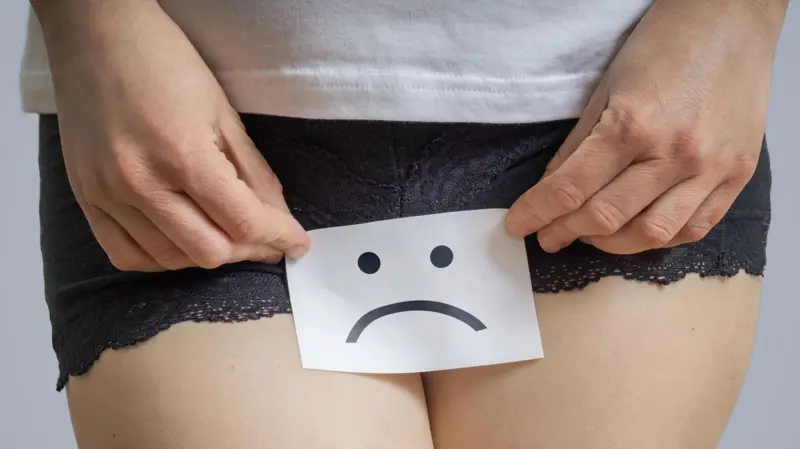Back pain is a common health issue that many people face. But can dehydration, specifically rarely drinking water, contribute to this condition? According to medical experts, the answer is yes.
The Connection Between Dehydration and Back Pain
Dehydration can lead to a variety of health problems, including back pain. When your body lacks enough water, it can cause your spinal discs to lose hydration, which results in less cushioning and flexibility. This makes the spine more prone to injury and discomfort.
How Does Dehydration Affect the Spine?
The discs between your vertebrae act as shock absorbers, and they require adequate hydration to function properly. When these discs lose moisture, they can become less effective at absorbing shocks, leading to increased pressure on your spine and back pain.
Other Effects of Dehydration on the Body
Besides back pain, dehydration can cause muscle cramps, headaches, and fatigue. It can also make existing back problems worse, as muscles and ligaments may not function at their best without sufficient hydration.
How Much Water Should You Drink to Prevent Back Pain?
To avoid dehydration and its associated risks, including back pain, experts recommend drinking at least 8 cups (2 liters) of water a day. However, individual needs may vary based on activity level, climate, and overall health.
Tips for Staying Hydrated
- Drink regularly: Even if you’re not thirsty, make a habit of drinking water throughout the day.
- Eat water-rich foods: Incorporate fruits and vegetables like cucumbers and watermelon into your diet.
- Avoid excessive caffeine: Caffeine can lead to dehydration, so balance it with water intake.
Conclusion: Hydration is Key to Preventing Back Pain
While dehydration is not the only cause of back pain, it is an important factor that can contribute to or exacerbate the problem. Drinking enough water daily helps maintain healthy spinal discs and overall body function, reducing the risk of discomfort and injury. If you experience persistent back pain, consult a healthcare professional for a proper diagnosis and treatment plan.









